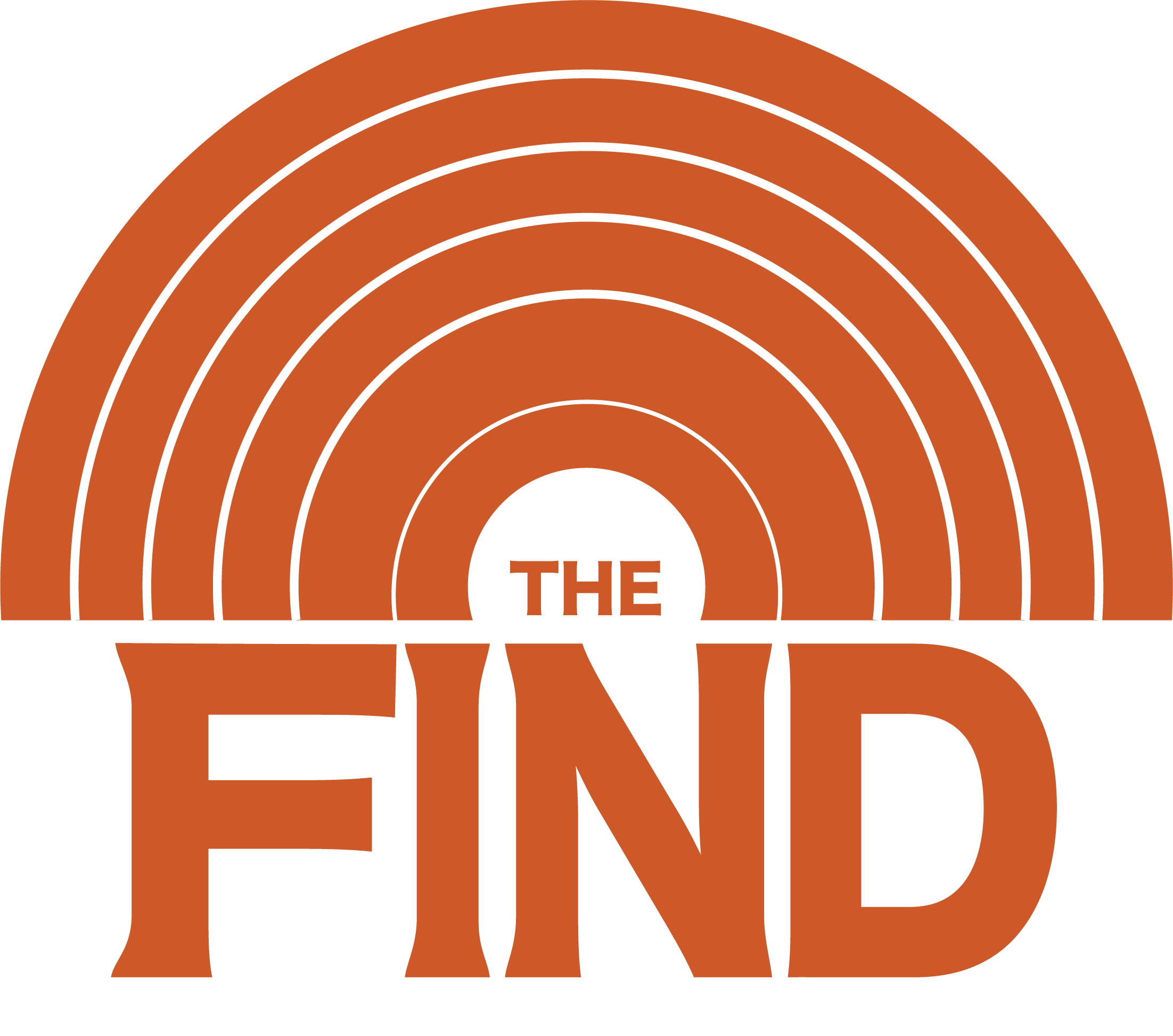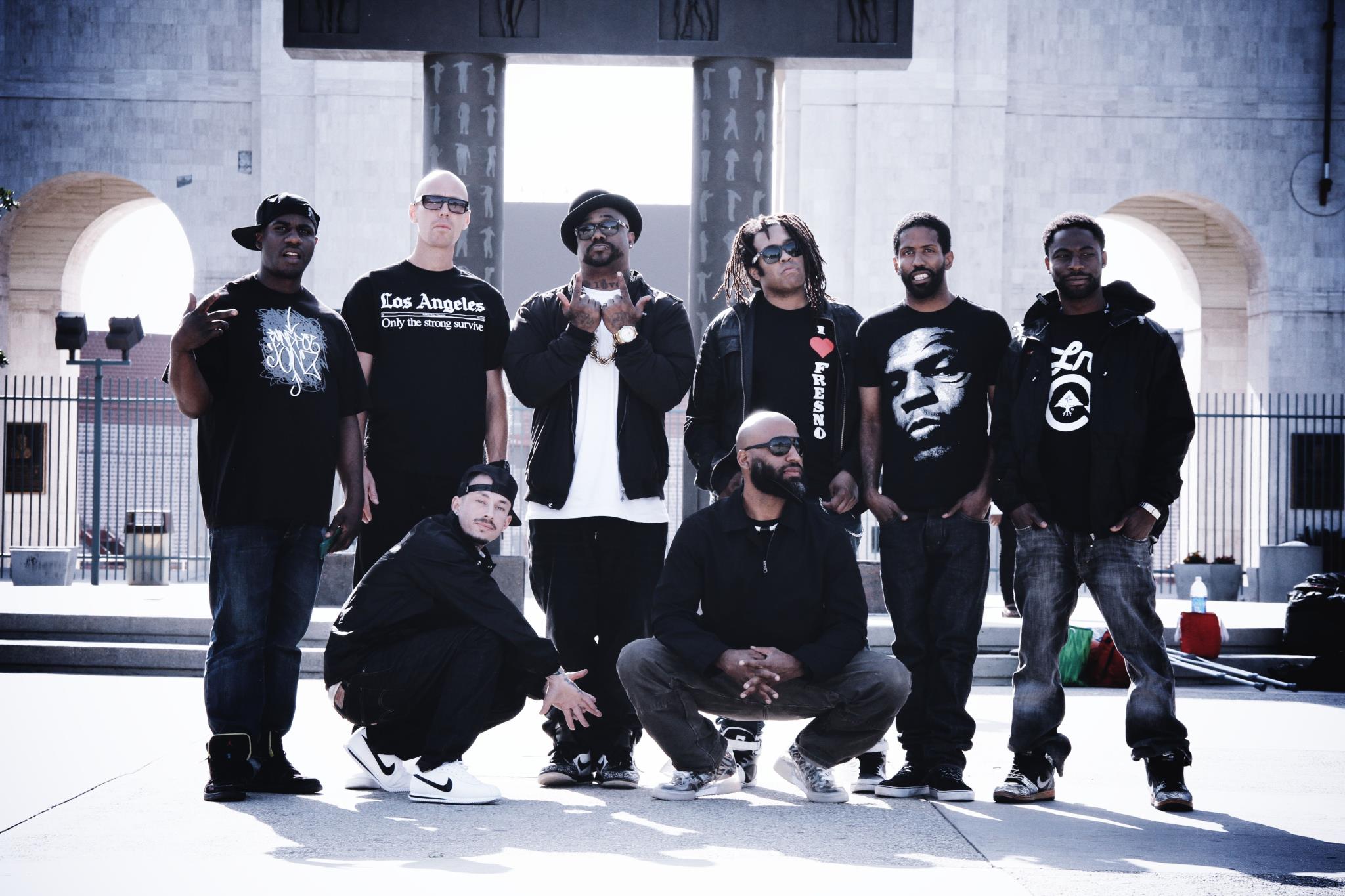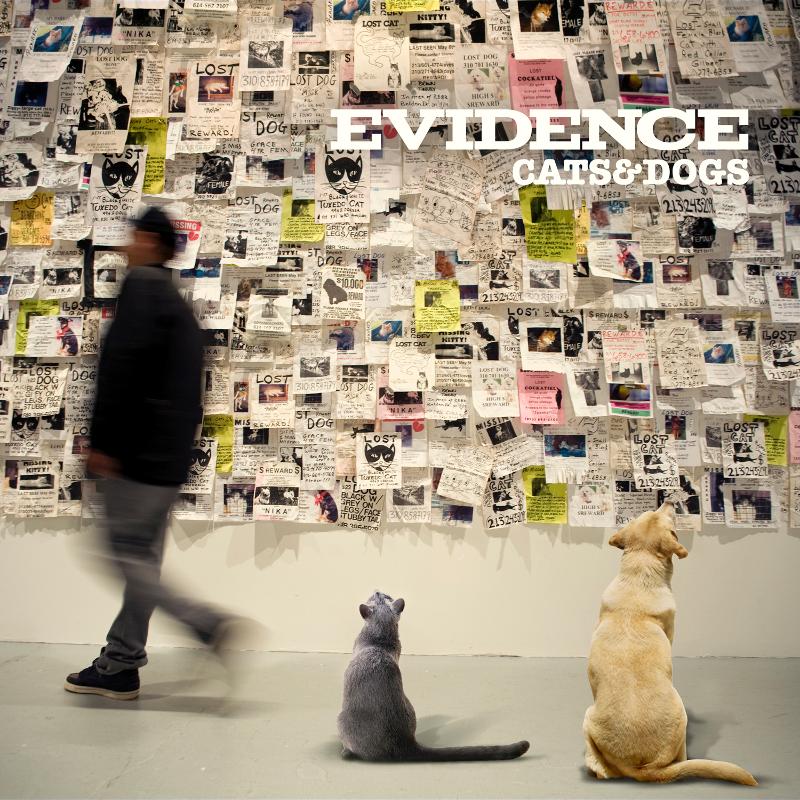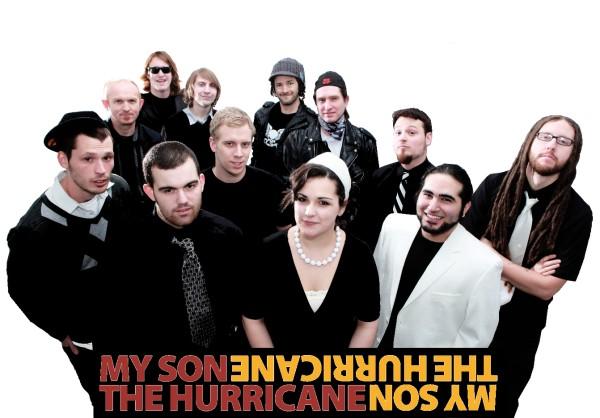Uncommon Approach: Doom and gloom returns
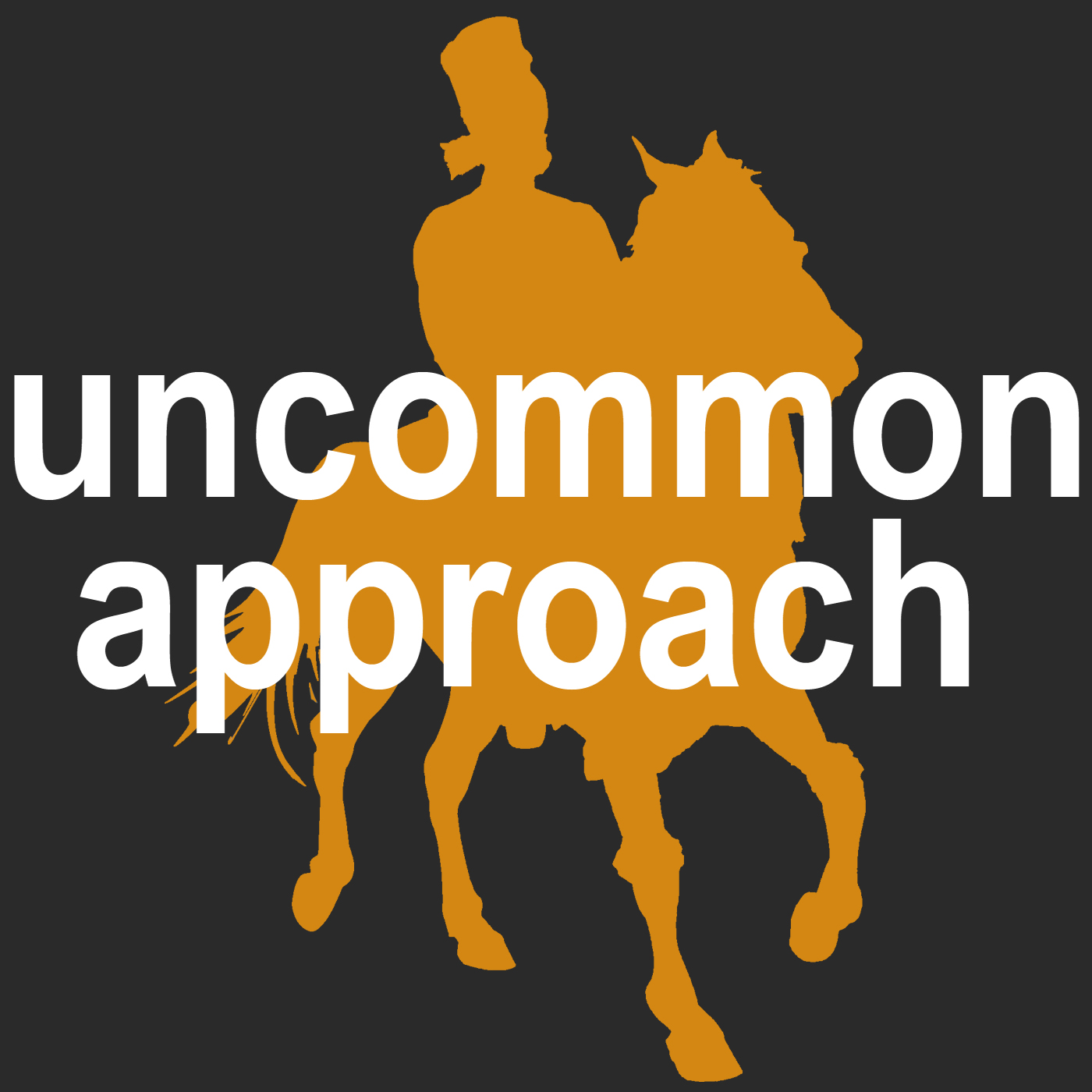
After a far too long, self imposed hiatus, I am back for some more Uncommon Approach pieces here at The Find Mag.com. I figured, what better way to come back then with a large bit of doom and gloom? I want to expose what I think is the worst case scenario for the future of digital music and one that is growing very quickly. It’s a mounting 3-pronged attack on independent music.
‘Uncommon Approach’ is a column written by Paul “Nasa” Loverro, owner of independent label Uncommon Records. With this frequent column, he gives readers an all access look at the ups and downs of running an independent hip hop label in this day and age. An in-depth column from the perspective of an Indie label owner.
After a far too long, self imposed hiatus, I am back for some more Uncommon Approach pieces here at The Find Mag.com. I figured, what better way to come back then with a large bit of doom and gloom? I want to expose what I think is the worst case scenario for the future of digital music and one that is growing very quickly. It’s a mounting 3-pronged attack on independent music.
None of what I’m about to say is set in stone, nor are they all things that we should be worried about to a debilitating degree. But I will say this, it’s something that I am planning for. These are possible eventualities and to be taken seriously, in my opinion, by any serious business person. The old saying is ‘be three steps ahead of your competition’. I think just by acknowledging these mounting threats, we can all get 1 or 1.5 steps toward that.
The Nightmare Scenario
The first threat to indie music online is something that a lot people think can be helpful. I disagree. It’s the subscription based streaming service. Streaming radio services like Pandora, Last.FM, Earbits and others can be very helpful. They are about music discovery. They play your music and provide you with a link to make that purchase. I see them more as radio.
My issue lies with services like Spotify and Rhapsody, what Napster has become. These networks promise limitless music at your fingertips, but what most people don’t know is that they don’t pay artists fairly at all and what most don’t acknowledge, is that by using them the consumer owns nothing. If we at Uncommon sell a song on Itunes, we get about 69 cents per track sold. Compare that to Rhapsody where we get 2-3 cents per track played. The only way you could possibly make money on a site like Rhapsody is if you have a massive hit. If you are Lady Gaga, I’m sure your checks look fine, but if you are an up and coming artist, they usually just get ignored as you read your returns.
The big problem with this is that people using these sites come away feeling like they are somehow supporting the artist, but they are not. As a label, I face two problems with this approach. First of all, the lack of funds coming in. But perhaps larger, the fact that we do NOT have our song (our billboard) permanently on your Ipod or MP3 device. In this world of shuffle, being on your device, essentially forever is powerful. We can all remember hitting a song on random and thinking “wow, I gotta give this another listen”. You can’t do that when you don’t own the track.
Media Consolidation
But let’s take this further. More and more we are seeing online music retailers pair up with what remains of the major labels. They are cutting exclusive deals and paying the majors a larger share than what they pay someone independently owned from the street. In time, I predict that you will see these streaming companies start to become owned by the majors. What’s to say that Sony or BMG can’t just take over a service like Rhapsody or Spotify? As those services grow more profitable, I would venture to predict that that is exactly what will take place.
So think about it, if the only way the public accessed music commercially was through a streaming subscription based service and that service were to be owned by majors, then they would create several hurdles for indie labels to gain access to the best of those services. Thus recreating the strangle hold they held when the process for putting out a record was a similar “walled garden” with national distribution channels.
You may come back and say to me, ‘but what about your own website or a place like Bandcamp‘? This takes us to step two.
Net Neutrality
We’ve all heard about Net Neutrality. In brief, what Net Neutrality is, is your freedom to access Sony Music and Uncommon Records equally on the internet and with the same speed and efficiency. What the telecoms want is the ability to determine what hits you faster based on, I’d assume, who pays them more. While the discussion right now amongst Net Neutrality circles is not focused on the entertainment industry, there is no doubt in my mind that the film, music and television industries will be all over this. So without current net neutrality in place, you will more than ever be seeing “their internet” rather than yours.
Manipulation of Search
Step 3 is Google and other search engines. Google has been fighting to change what you see in search for monetary gain for years. We saw this after the BP Oil Spill where BP bought out the top search result for itself and it was strangely very difficult to find the countless pics of doused birds that were easy to come across on a site like Flickr. We also saw the failed experiment of Google Music. Lala struck a partnership deal with Google and became the top result in Google Music results. Lala was then quickly bought and destroyed by Apple. A predictable end in my opinion. This puts us in a position of having a customer search for ‘Masai Bey – The Panacea Goldmind‘ and finding Lala and Myspace ranked ahead of our own site and Itunes. Those were things that weren’t true of the search before Google Music. Needless to say, Lala was another site that paid pennies that we had no interest in supporting.
So what does this all mean? Let’s re-cap the nightmare scenario.
End Game
Subscription streaming becomes the industry standard, no one owns files anymore and we are all dependent on some level of service. The majors quickly move in to either acquire or dominate those services. It’s increasingly difficult to get your music into said services. Meanwhile, your site is not delivered at the same speed or efficiency as the majors are and your search results are buried because you aren’t paying for “advertising”.
So it looks like this. I enter “Uncommon Records” into a search. I am lead only to streaming services that pay pennies for each spin, while paying out much more money to major label artists. Uncommon Records’ website is either loading up super slow or not appearing in search on the first page. The integrity of my existence online in the market place is now severely damaged on multiple levels. From the level of my reach to the level of my income.
Meet the New Boss, same as….
In a lot of ways this sounds like the way the music industry was structured for about four decades. A lot of locked doors and a lot of gate keepers. This may sound like a kabal of some sort or that I’m being paranoid. But ask yourself. Are media companies consolidating? Is Net Neutrality being trampled on? Are search results being manipulated? If you don’t believe that the freedom of the internet can be brought under foot, then I suggest reading ‘The Master Switch‘ by Tim Wu. I’ve just started breaking into it, but it focuses on communication triumphs over history and how they’ve all been reeled in over time. It then relates that to the current internet realm. Really good reading and highly suggested.
Read all columns by Paul “Nasa” Loverro HERE
